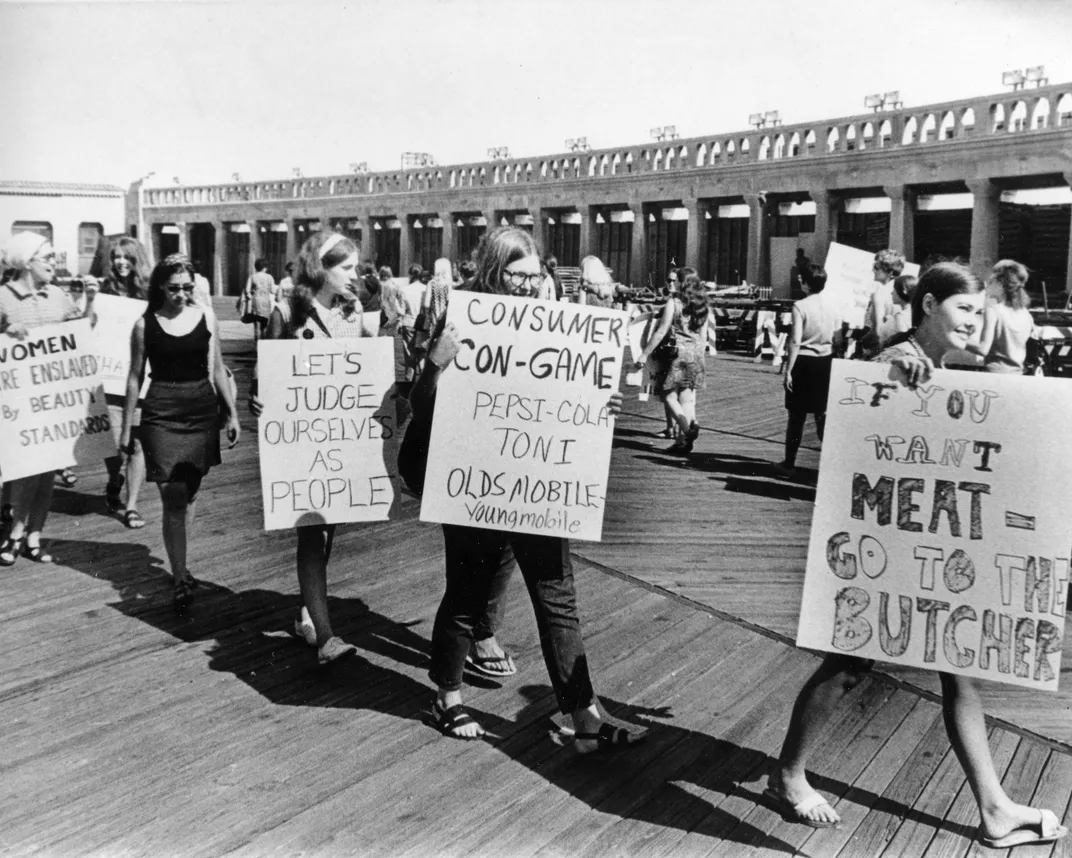Movements that had been building along the primary fault lines of the 1960s—the Vietnam War, the Cold War, civil rights, human rights, youth culture—exploded with force in 1968. The aftershocks registered both in America and abroad for decades afterward.
Legend:
Civil rights
Gender equality
Vietnam War
Student movements
January 15
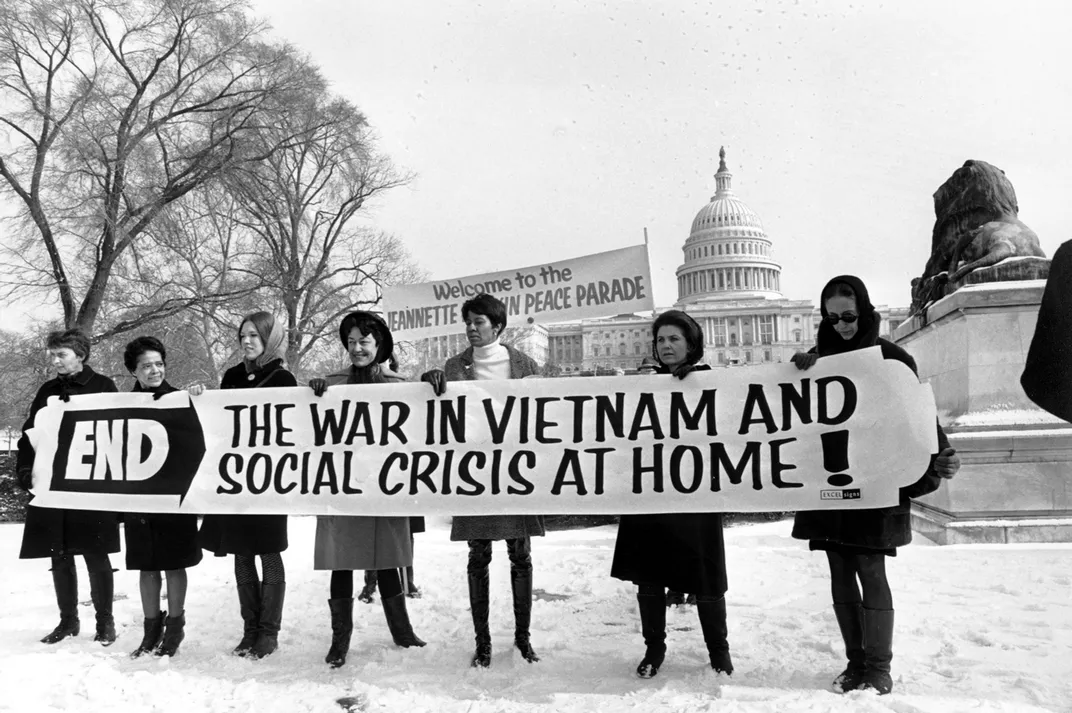
At age 87, Jeannette Rankin, who as a congresswoman from Montana voted against U.S. participation in both world wars, leads some 5,000 women on a march in Washington, D.C. to protest the Vietnam War. The event highlights generational, political and class differences among the marchers but gives the growing women’s movement a motto: “Sisterhood Is Powerful.”
January 20
Game of the Century! Top-ranked UCLA, led by the future Kareem Abdul-Jabbar, faces second-ranked University of Houston, led by Elvin Hayes, at the Astrodome. Houston snaps UCLA’s 47-game winning streak, 71-69, in the first NCAA basketball game to be nationally televised in prime time—the granddaddy of March Madness.

January 22
“Rowan & Martin’s Laugh-In” debuts as an NBC-TV series and, over six seasons, sets a standard for sketch comedy unmatched until NBC’s “Saturday Night Live” launches in 1975.
January 23
North Korea seizes the USS Pueblo, claiming the surveillance ship strayed into its waters. One U.S. crewman is killed and 82 others are imprisoned; an 11-month standoff with the United States follows.
January 30
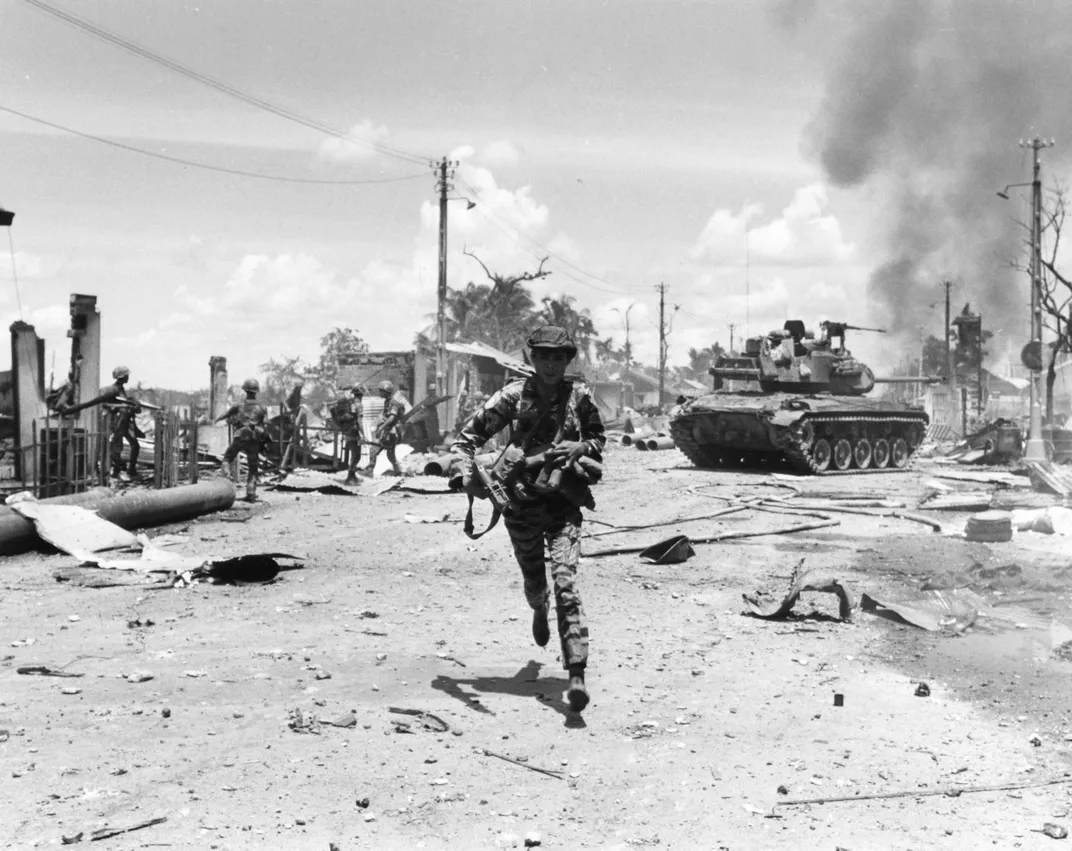
North Vietnamese communists launch the Tet Offensive. The assault contradicts the Johnson administration’s claims that the communist forces are weak and the U.S.-backed south is winning the war.
February 1
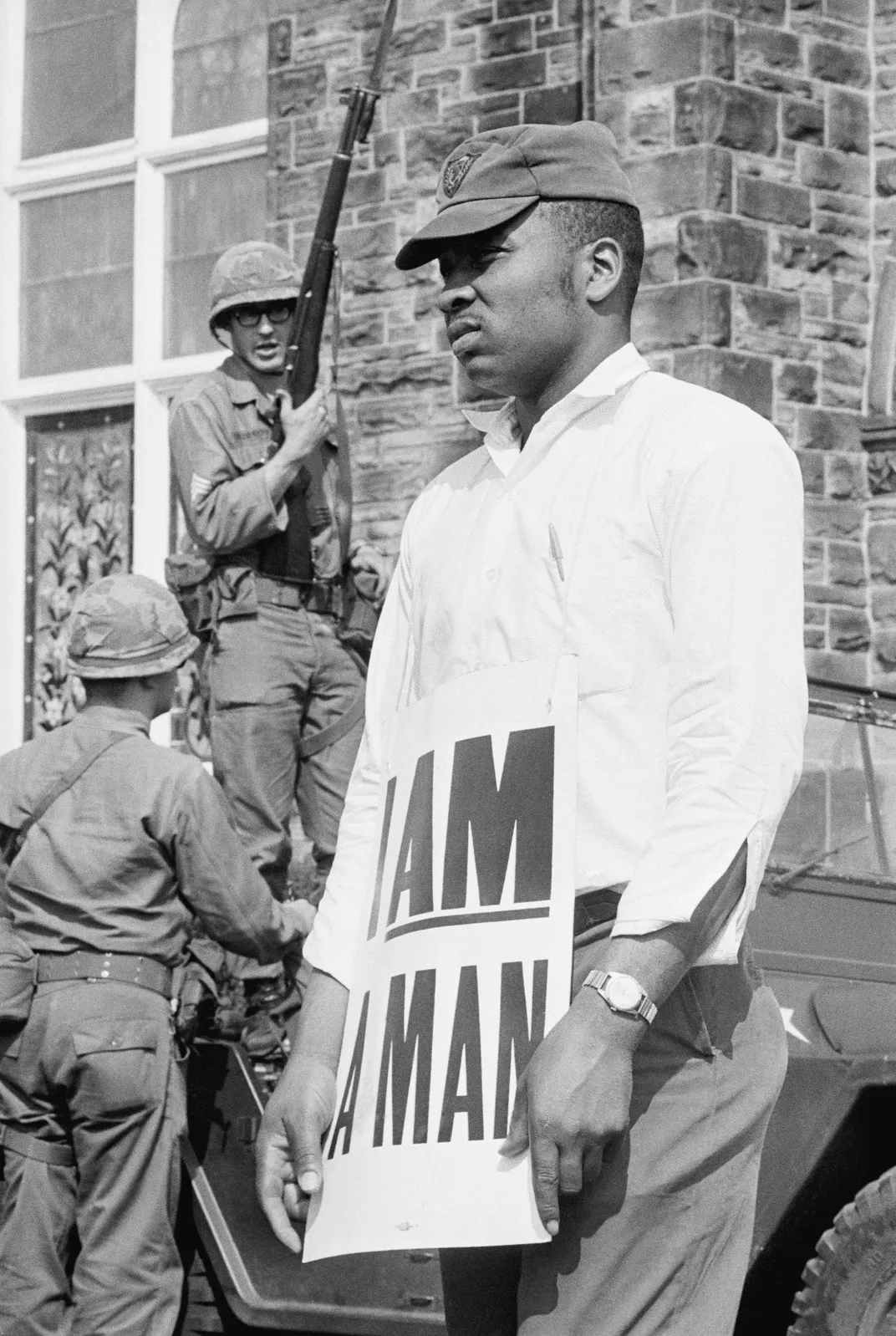
Memphis sanitation workers Echol Cole and Robert Walker are crushed to death by a malfunctioning garbage truck. Their deaths lead to a strike that becomes a civil rights movement.
February 7
After a battle for the Vietnamese village of Ben Tre, an American officer tells Associated Press reporter Peter Arnett, "It became necessary to destroy the town in order to save it."
The quotation, printed in newspapers nationwide, becomes a catchphrase for opponents of the Vietnam War.
February 8
At the South Carolina State campus, police open fire on students protesting segregation at Orangeburg’s only bowling alley. Three protesters die and 27 more are wounded. Nine officers are tried and acquitted of charges related to the use of force. A protest coordinator is convicted of inciting to riot, serves seven months in prison—and is pardoned 25 years later.
February 27
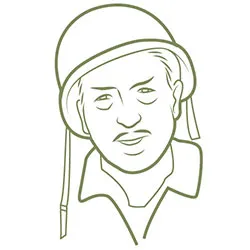
Walter Cronkite, in a CBS-TV special on his recent tour of Vietnam, says the U.S. war effort is “mired in stalemate” and amplifies public skepticism of the war.
February 29
The report of the Kerner Commission, appointed by President Lyndon B. Johnson to examine the causes of race riots in American cities in previous years, declares the nation is..."moving toward two societies, one black, one white--seperate and unequal."
March 1-8
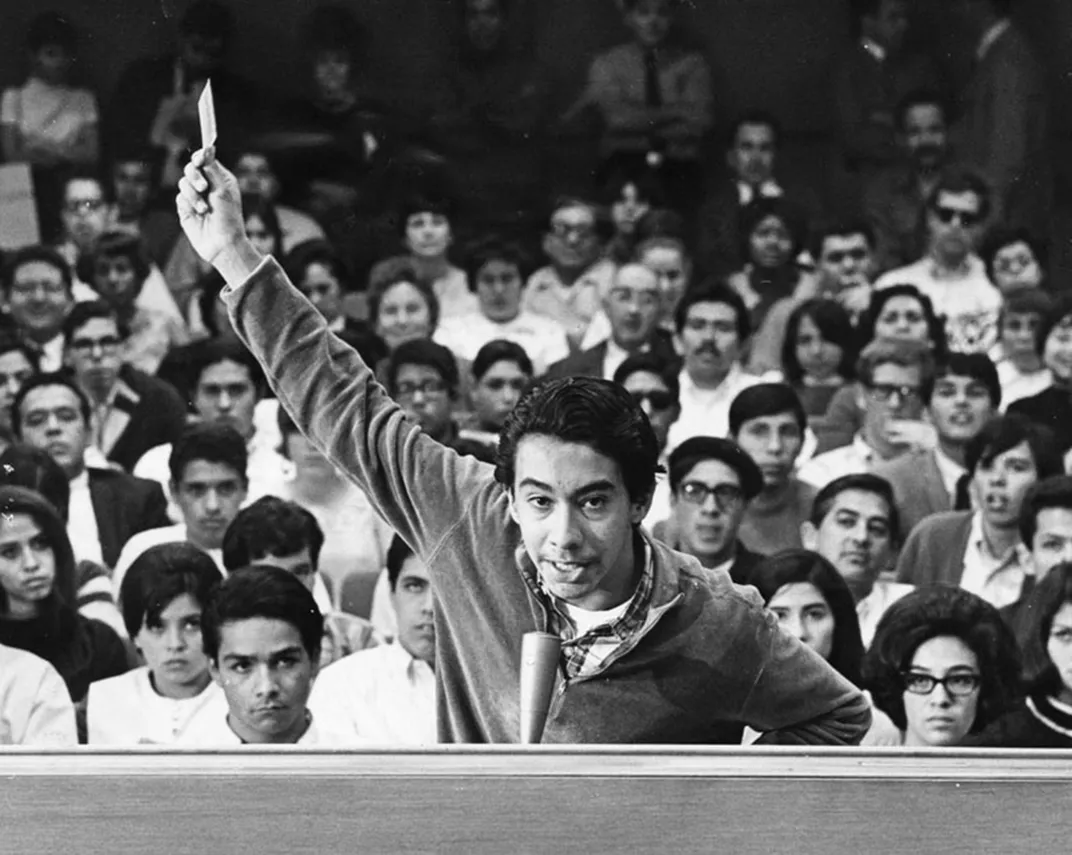
Some 15,000 Latino high school students in Los Angeles walk out of classes to press their demand for a better education.
March 5
The government of Czechoslovakia abolishes censorship, underscoring the expansion of freedom during the “Prague Spring” and angering its Communist overlords in the Soviet Union.
March 6
Some 500 New York University students picket a university-sponsored recruiting event for the Dow Chemical Company, the principal manufacturer of napalm.
March 12
Nixon wins 78 percent of the vote in New Hampshire’s GOP primary. Eugene McCarthy, Minnesota’s antiwar senator, takes a shocking 42 percent of the Democratic vote.
March 13
Atlantic Richfield and Humble Oil (now ExxonMobil) announce the discovery of an oil field beneath Prudhoe Bay, Alaska, the largest oil and natural-gas discovery in North American history.
March 16
New York Senator Robert F. Kennedy enters the race for the Democratic presidential nomination, saying McCarthy’s showing in New Hampshire “has proven how deep are the present divisions within our party and country.” It “is now unmistakably clear that we can change these disastrous, divisive policies only by changing the men who make them.”
March 19
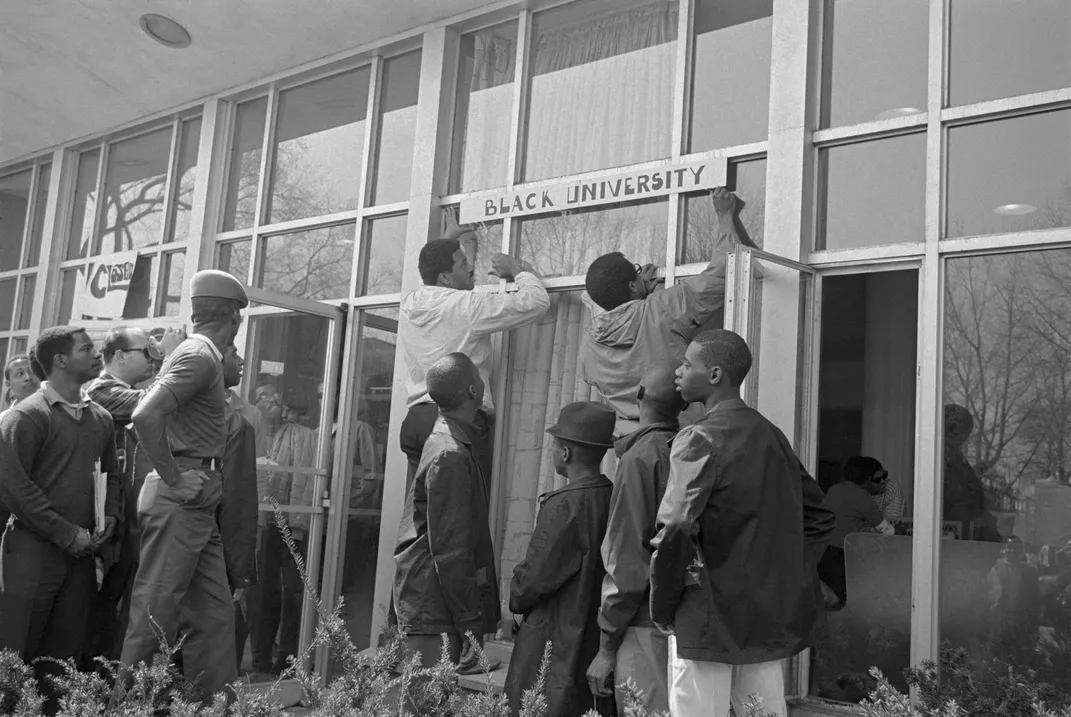
Hundreds of students take over the administration building at Howard University in Washington, D.C., seeking a greater voice in student discipline and the curriculum.
March 31
As war pressures mount, President Lyndon B. Johnson—who in 1964 won 61 percent of the popular vote, to Barry Goldwater’s 39—announces he is not running for re-election.
April 3
Some 1,000 men return their draft cards to government offices all over the country.
April 4
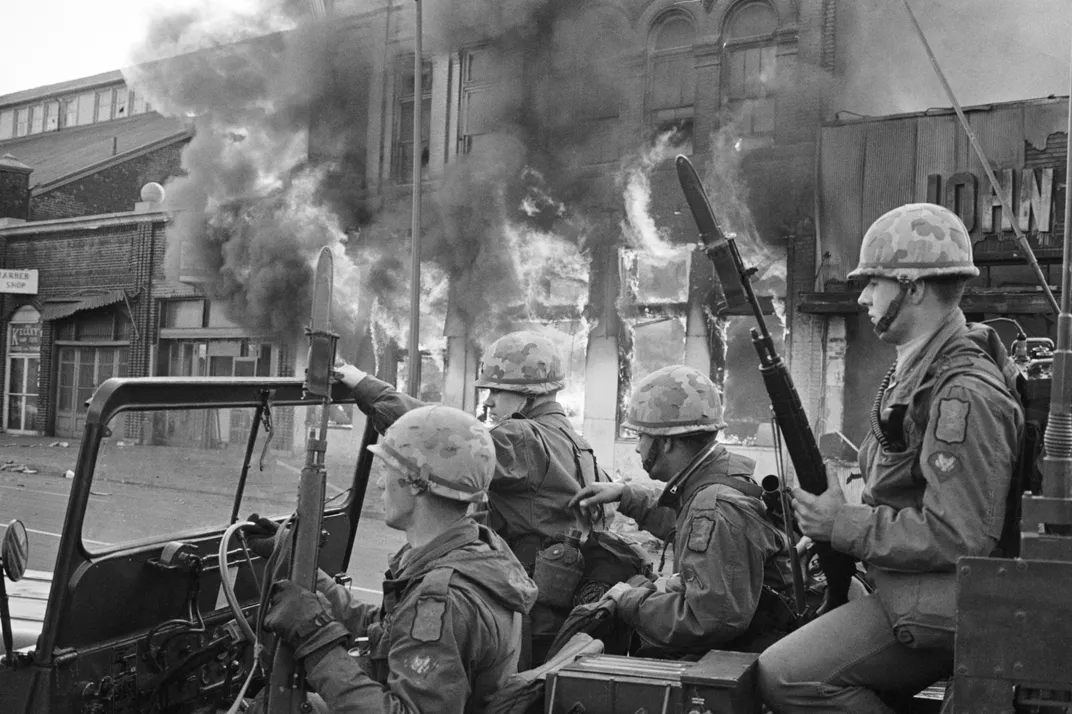
Martin Luther King Jr., in Memphis for the sanitation workers’ strike, is fatally shot on the balcony of the Lorraine Motel. Gunman James Earl Ray, a white supremacist, flees the country. Over the next week, riots in more than 100 cities nationwide leave 39 people dead, more than 2,600 injured and 21,000 arrested.
April 6
After a 90-minute shootout between Black Panthers and police in Oakland, California, police shoot Bobby Hutton, 17, as he tries to surrender.
April 11
Johnson signs the Fair Housing Act, banning discrimination in housing on the basis of race, color, religion or national origin. It is the last of the landmark civil rights laws he signed.
April 23
Students take over five buildings on Columbia University’s campus and briefly hold a dean hostage, calling for the university to cut its ties to military research. Before dawn on April 30 administrators call in the police, who respond with about 1,000 officers. More than 700 people are arrested, and 132 students, four faculty and 12 officers are injured.
April 29
Hair opens on Broadway and runs for more than 1,700 performances, introducing mainstream theatergoers to sex, drugs, rock ’n’ roll and draft resistance.
May 6
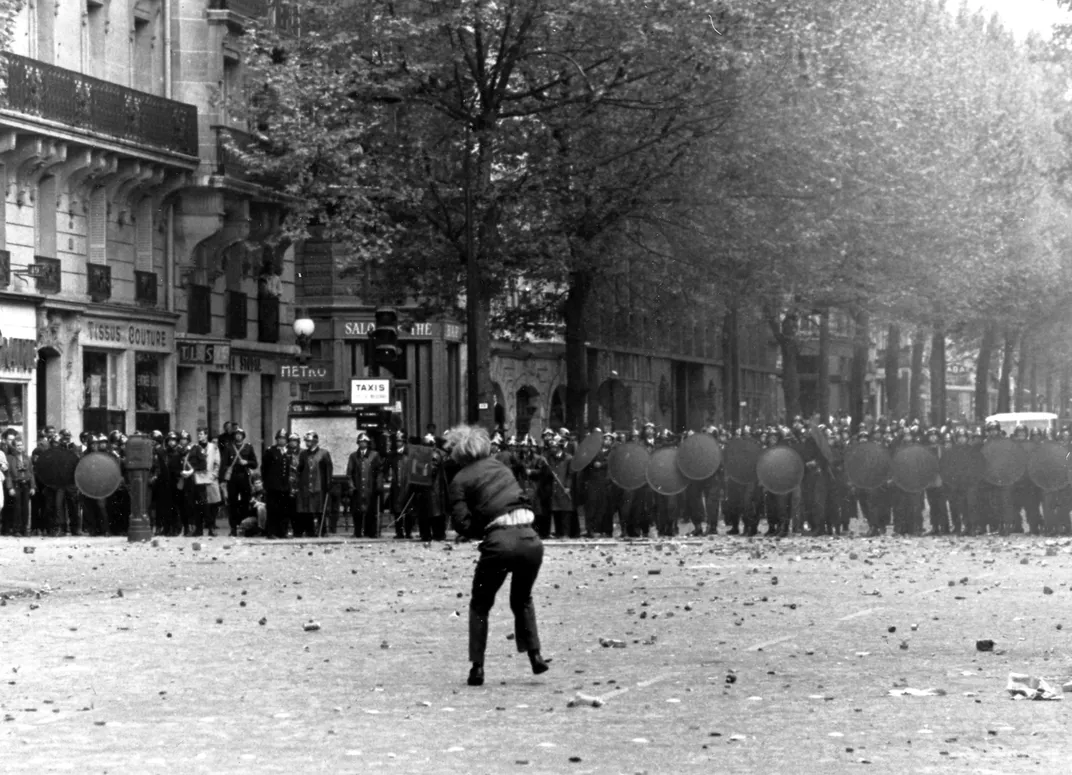
A riot breaks out between police and more than 5,000 university students in Paris. Within a week workers throughout France are staging sympathy strikes, threatening the economy.
May 10
The United States and North Vietnam begin peace talks in Paris.
May 17
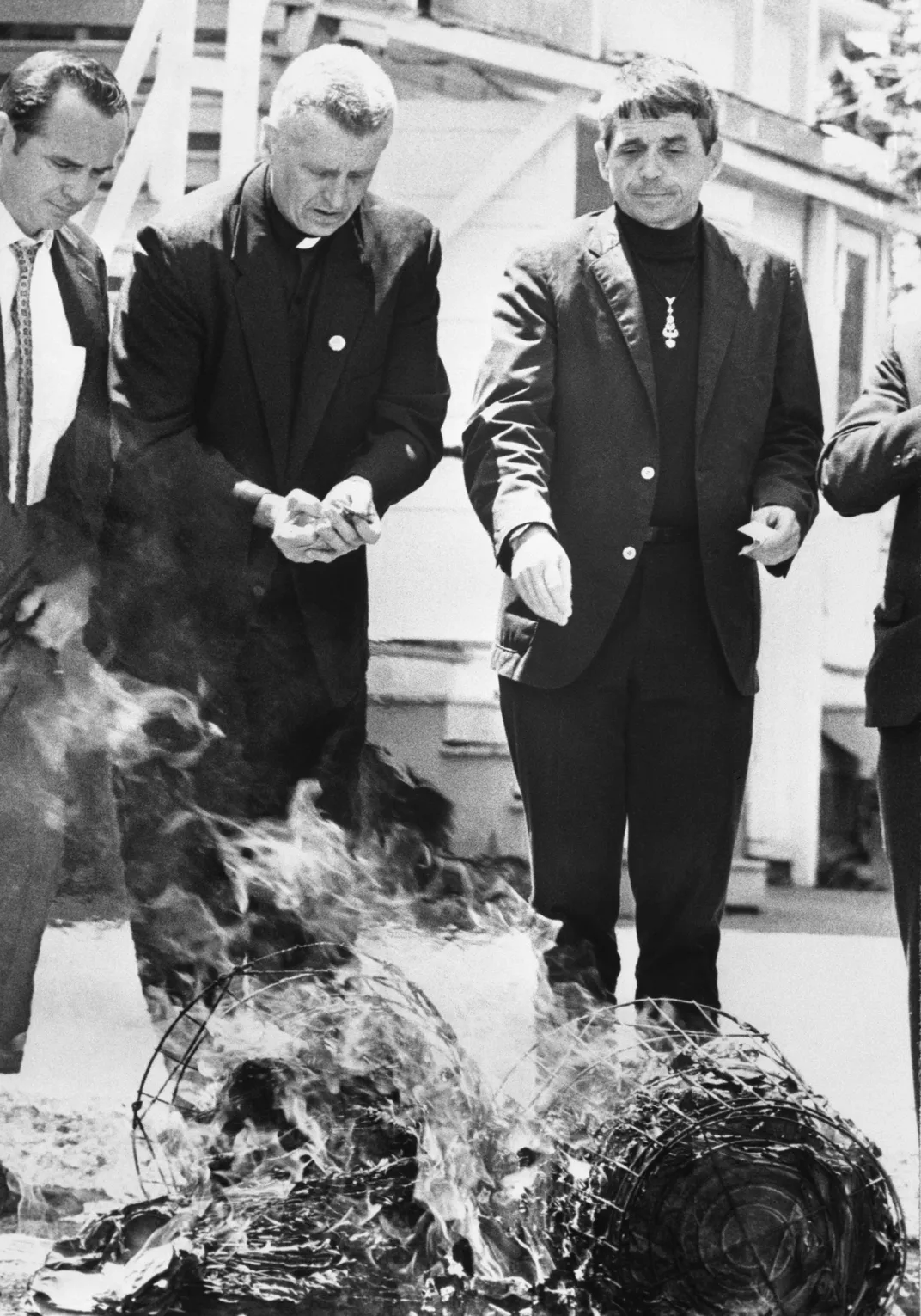
Nine antiwar activists enter a Selective Service office in Catonsville, Maryland, remove nearly 400 files and burn them in the parking lot with homemade napalm. The example of the Catonsville Nine (later convicted of destruction of government property and sentenced to jail terms between 24 and 42 months) spurs some 300 similar raids on draft boards over the next four years.
May 27
The Supreme Court rules 7-1 that burning a draft card is not an act of free speech protected by the First Amendment.
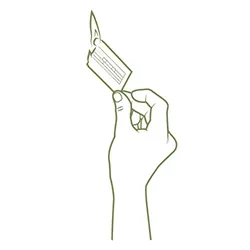
June 3
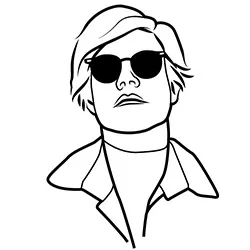
Andy Warhol is shot and critically wounded in his New York City loft by Valerie Solanas, apparently for losing a copy of a play she’d written. She pleads guilty to assault and spends three years in prison.
June 4
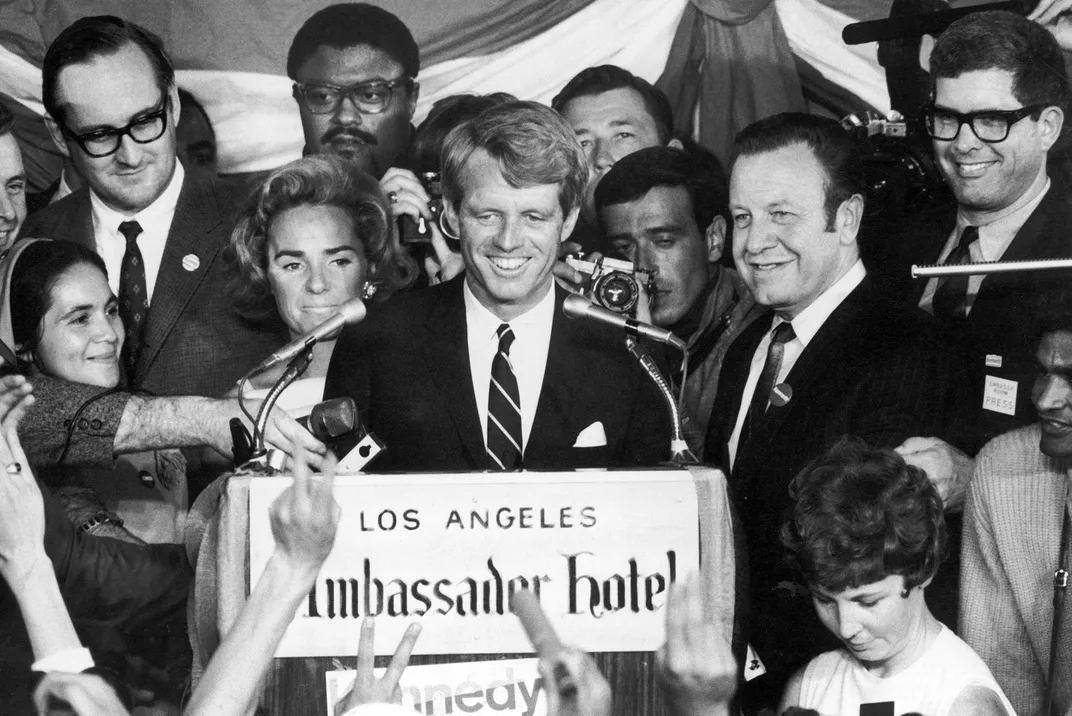
Robert F. Kennedy, gaining momentum in his presidential campaign, wins the California primary—and is assassinated at the Ambassador Hotel in Los Angeles. Gunman Sirhan Sirhan, a Jordanian citizen of Palestinian descent, is captured at the scene. Now 73, he is serving life in prison.
June 8
James Earl Ray is arrested in London. Extradited to the United States, he pleads guilty to murdering King but later recants, saying he was an unwitting pawn in a conspiracy. He dies in prison of liver failure in 1998, age 70.
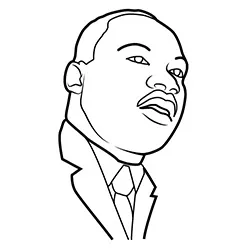
June 19
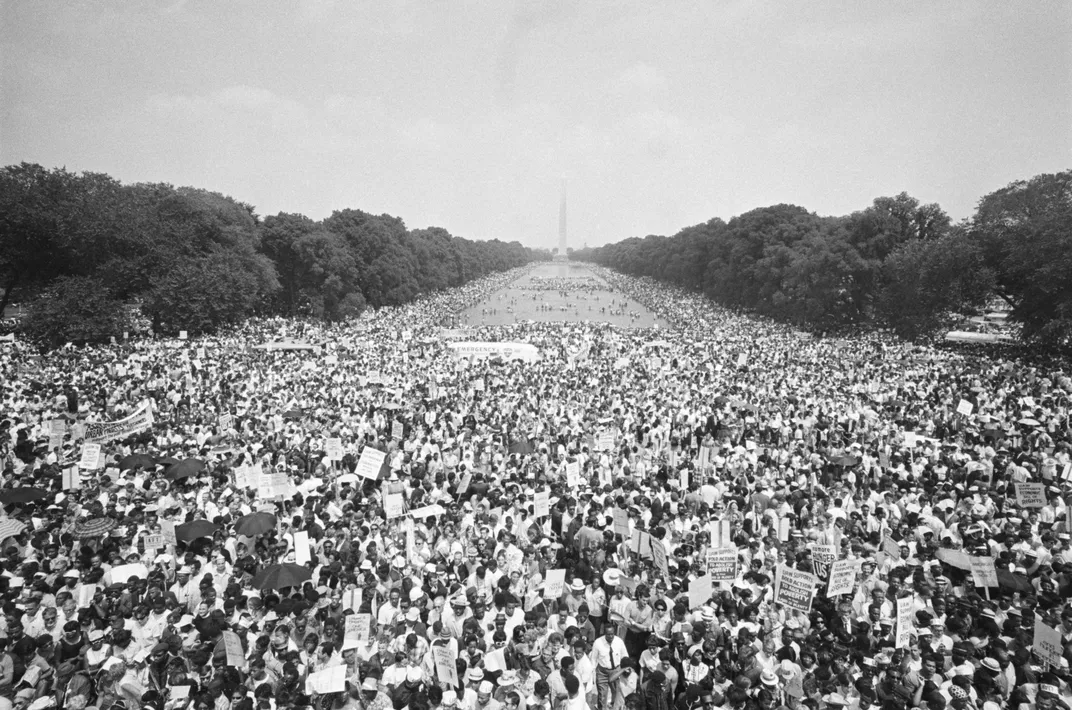
The efforts of the Poor People’s Campaign climaxes in the Solidarity Day Rally for Jobs, Peace, and Freedom in Washington, D.C. Fifty thousand people join the 3,000 participants living at Resurrection City on the National Mall to rally around the demands of the Poor People’s Campaign on Solidarity Day.
July 1
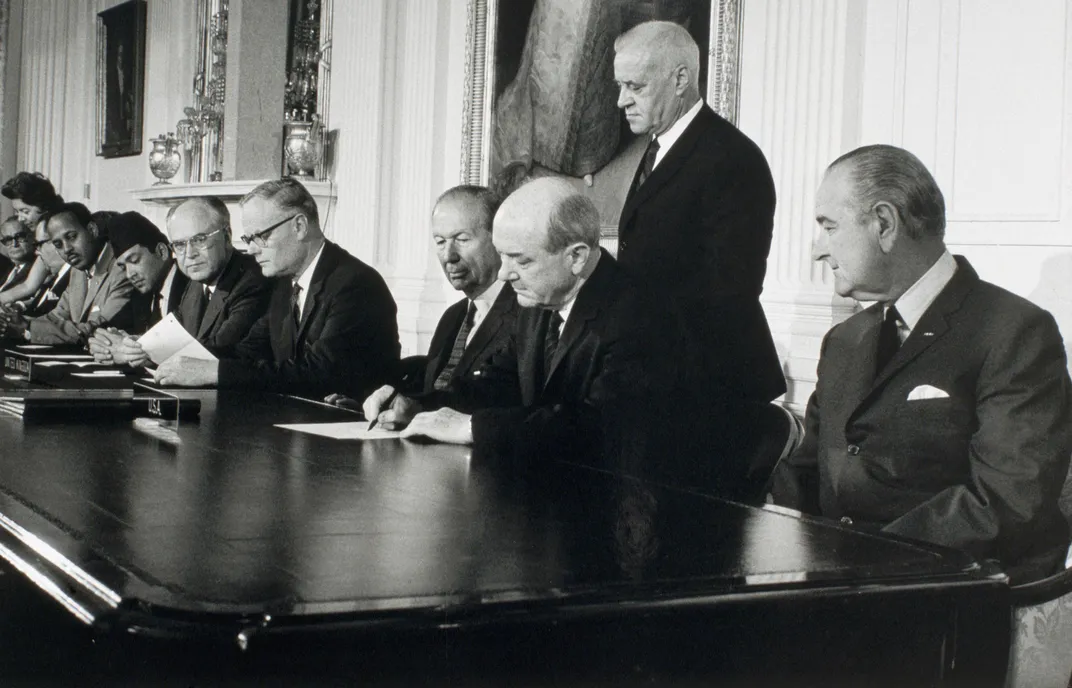
Johnson signs the Treaty on the Non-Proliferation of Nuclear Weapons, which remains the world’s primary means of preventing the spread of nuclear weapons to non-nuclear states and reducing nuclear weapons in the world.
July 18
Gordon Moore and Robert Noyce incorporate their microprocessor manufacturing firm. After rejecting the name “Moore Noyce” as too close to “more noise,” they eventually settle on Intel.
July 20
The first Special Olympics opens at Chicago’s Soldier Field, with more than a thousand athletes with intellectual disabilities competing in 200 events.
July 23
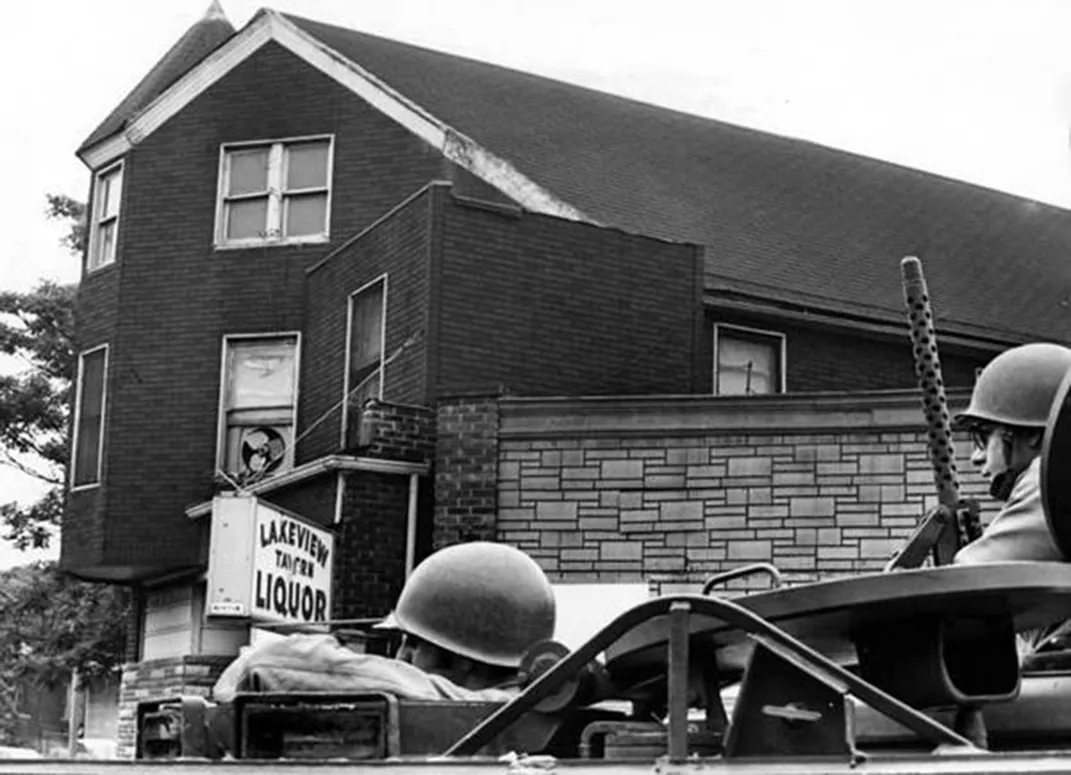
In Cleveland, the Glenville Shootout, between police and black militants, leaves three dead on each side, plus one bystander. Riots rock the city for five days. Mayor Carl Stokes, seven months into his term as the first black official to lead a major U.S. city, later writes, “That night was to haunt and color every aspect of my administration.”
July 25

Pope Paul VI issues Humanae Vitae, reaffirming the Roman Catholic Church’s opposition to artificial contraception and rejecting recommendations made under his predecessor, Pope John XXIII.
August 5–8
The Republican National Convention formally nominates Nixon for president.
August 20
The Soviet Union invades Czechoslovakia, halting the Prague Spring.
August 21
Pvt. First Class James Anderson Jr., who died covering an enemy grenade to protect fellow Marines during a firefight in Vietnam, becomes the first African-American Marine to receive the Medal of Honor.
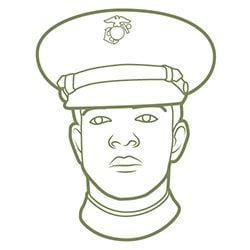
August 26
“Hey Jude,” the first Beatles single issued on their Apple label, is released in the U.S. At more than seven minutes, it becomes the longest song to hit Number 1 on Billboard’s Hot 100.
August 28
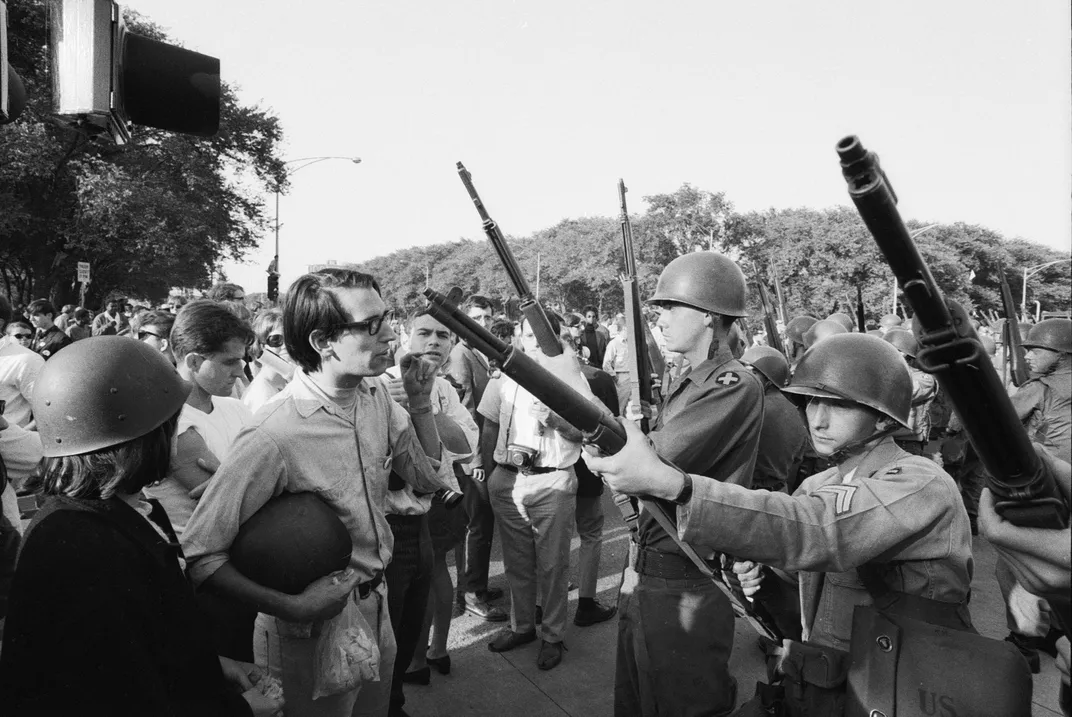
At the Democratic National Convention in Chicago, police and Illinois National Guardsmen go on a rampage, clubbing and tear-gassing hundreds of antiwar demonstrators, news reporters and bystanders, with much of the violence broadcast on national TV. The next day, Vice President Hubert Humphrey, perceived as the heir of Johnson’s war policies, wins the Democratic nomination, mostly through delegates controlled by party bosses.
September 9
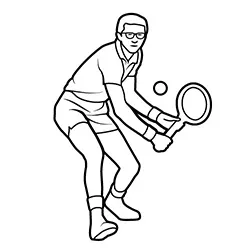
Arthur Ashe wins the U.S. Open, becoming the first black man to win a Grand Slam tennis tournament.
September 16
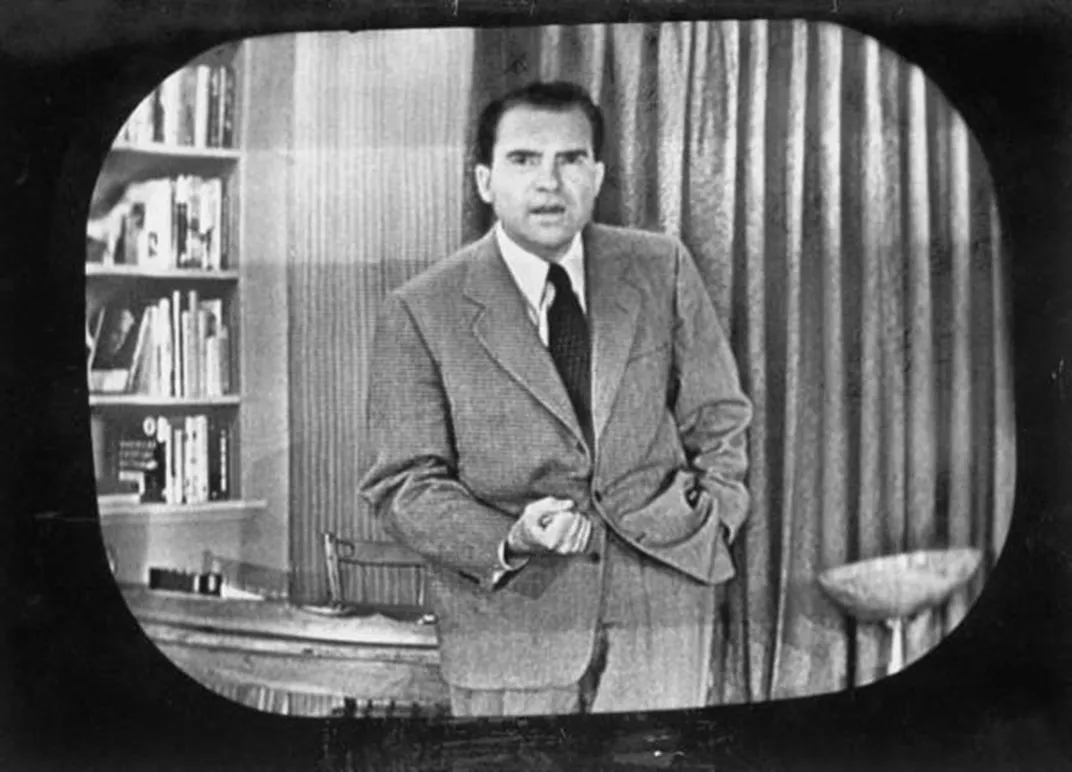
Nixon, seeking to dispel his sourpuss image, appears on Laugh-In just long enough to proclaim, “Sock it to me” on-camera. It is a rare intersection of politics and entertainment—Humphrey declines a similar invitation.
September 24
CBS-TV’s “60 Minutes” debuts. It is now the longest continuously running prime-time program in history.
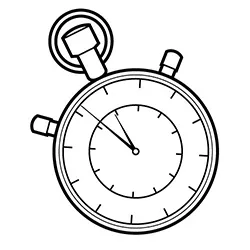
September 30
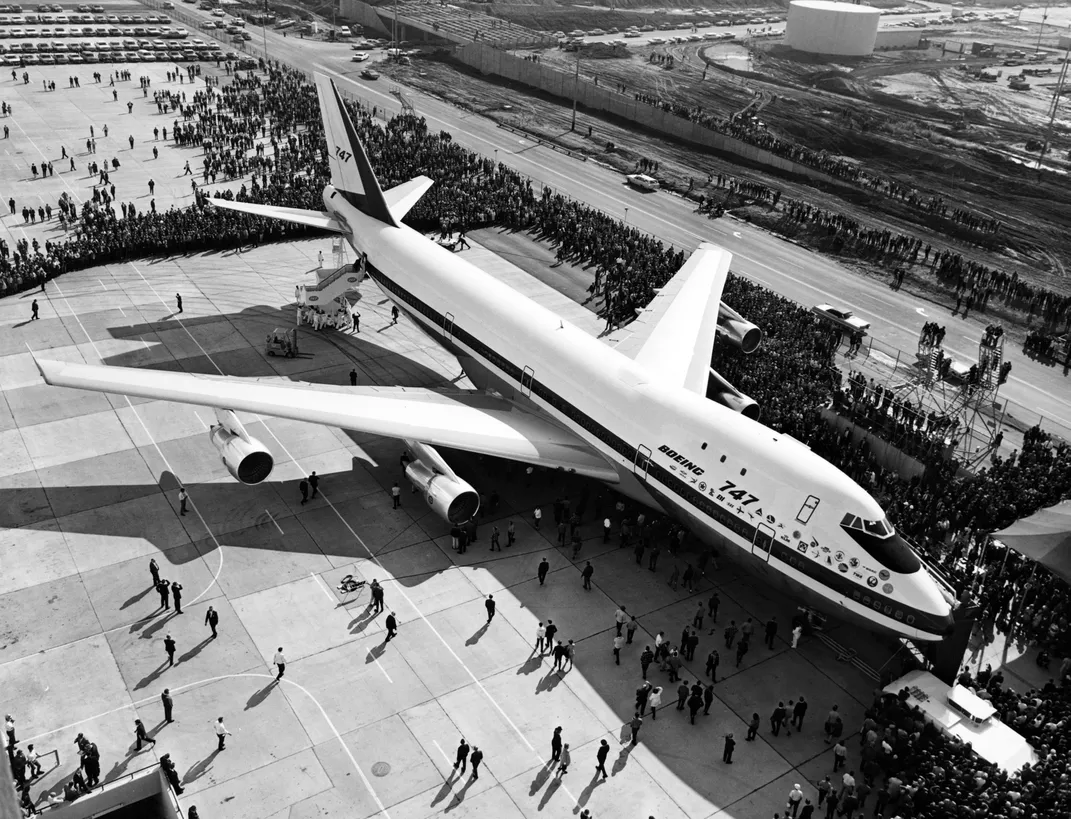
Boeing rolls out the 747 Jumbo Jet, the biggest passenger plane the world has seen to date—231 feet long, wings spanning 196 feet and seats for 490.
October 2
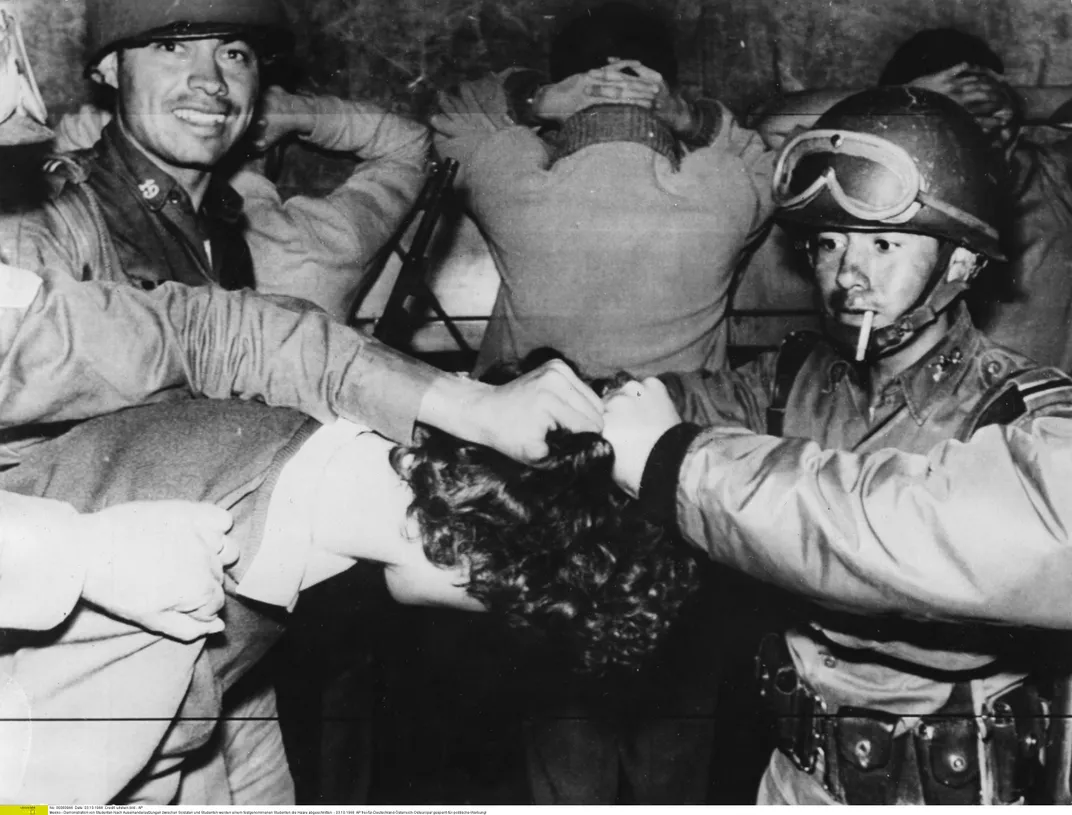
In Mexico City, police and troops fire on a student-led protest, killing or wounding thousands. The precise number is still unknown.
October 11-22
The Apollo 7 mission, which spends more time in space than all the Soviet flights to that time combined, makes the first live TV broadcast from up there.
October 16
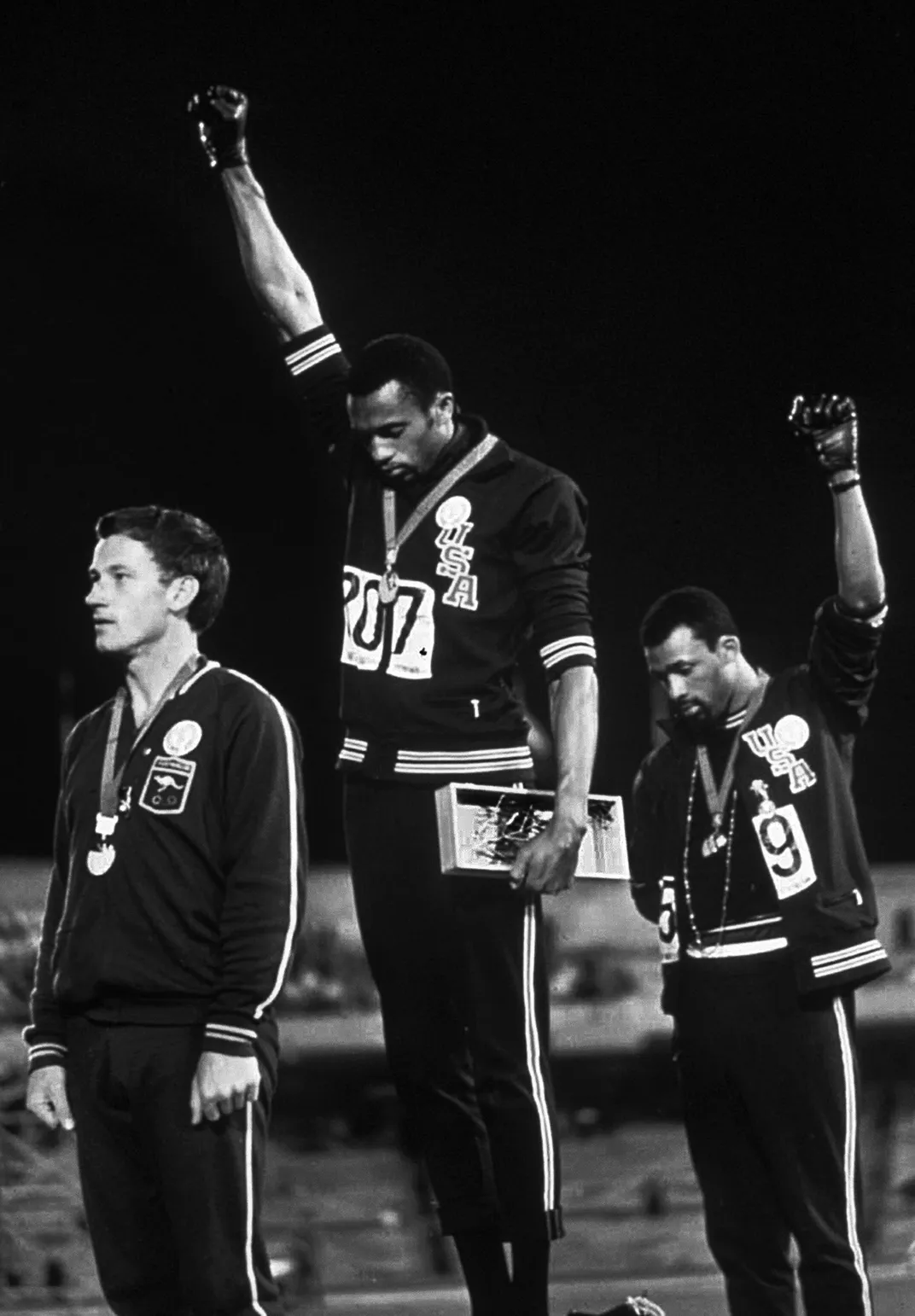
At the Olympic Games in Mexico City, Americans Tommie Smith and John Carlos receive the gold and bronze medals in the 200-meter dash, then raise gloved fists during the national anthem to protest violence toward and poverty among African-Americans. The next day, the International Olympic Committee strips their medals and sends them home.
October 31
Citing progress in the Paris peace talks, Johnson orders a halt to “all air, naval and artillery bombardment of North Vietnam,” effective the next day.
November 5
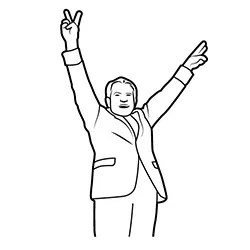
Nixon wins the presidency, beating Humphrey by just 0.7 percent of the popular vote. Segregationist candidate George Wallace carries five Southern states.
November 5
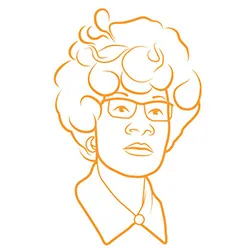
Shirley Chisholm of New York becomes the first black woman elected to the U.S. House of Representatives.
November 9
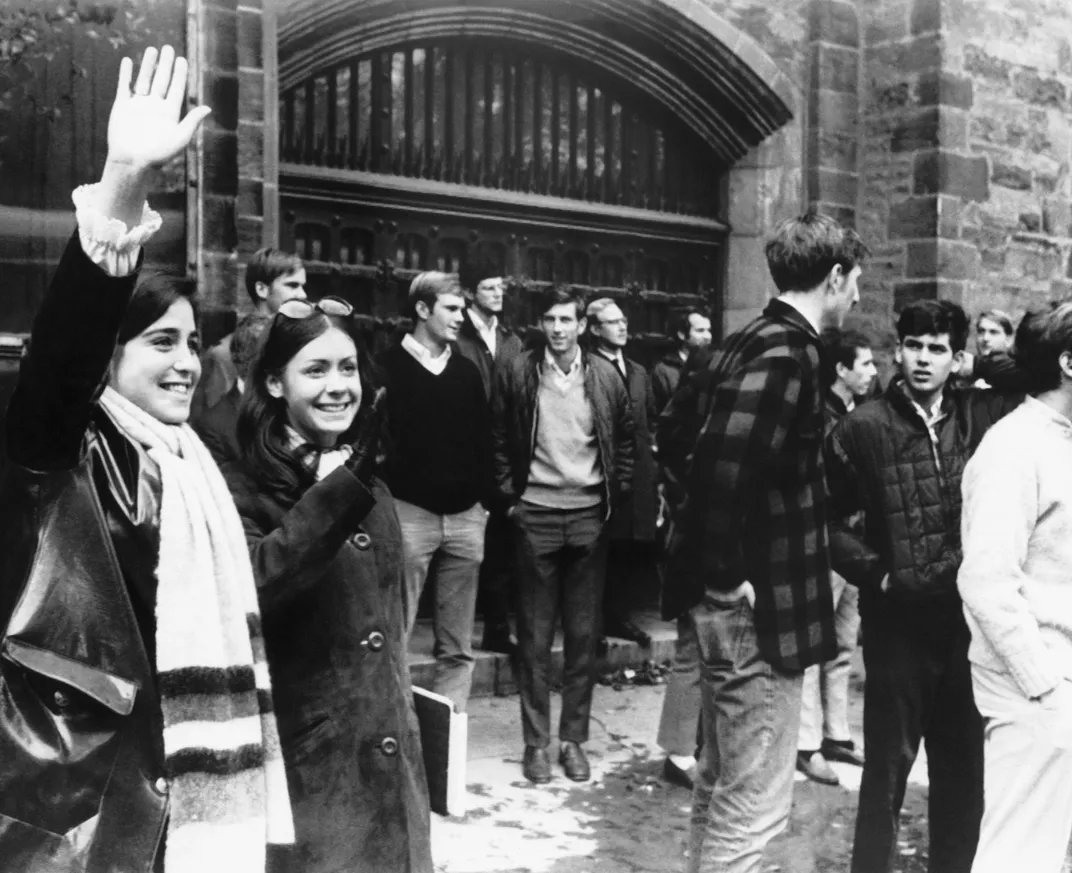
Yale University, after 267 years, decides to admit female undergraduates, beginning in 1969.
November 12
The Supreme Court unanimously rules that an Arkansas law prohibiting the teaching of evolution in public schools violates the First Amendment.
November 20
Consolidation Coal’s No. 9 mine in Farmington, West Virginia, explodes, killing 78 miners and becoming a catalyst for new mine-safety laws.
November 26
O.J. Simpson of USC wins the Heisman Trophy. (In 1999, it is auctioned for $255,500, which goes toward the $33.5 million civil judgment against him in the killing of his ex-wife and a friend of hers.)
December 3
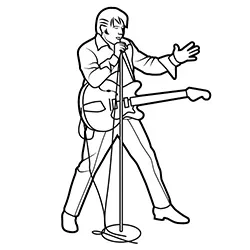
Elvis Presley begins a comeback from years of torpor and schlock with a one-hour special on NBC-TV.
December 9
Douglas C. Engelbart’s 90-minute demonstration at the Fall Joint Computer Conference in San Francisco includes the world’s first mouse and word processor.
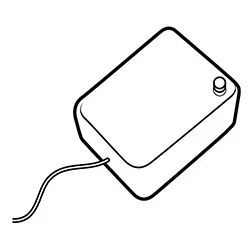
December 21-27
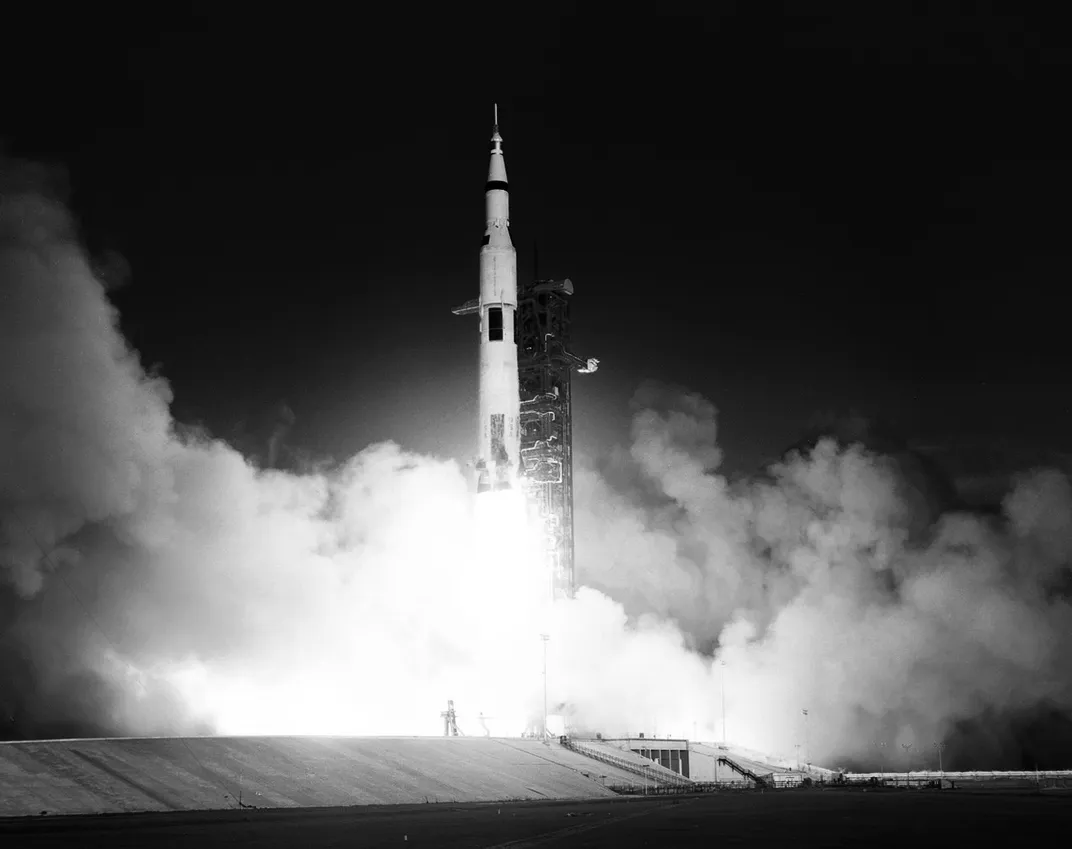
Apollo 8 becomes the first manned spacecraft to orbit the Moon and return safely to Earth. During the mission the “Earthrise” photograph is taken.
December 23
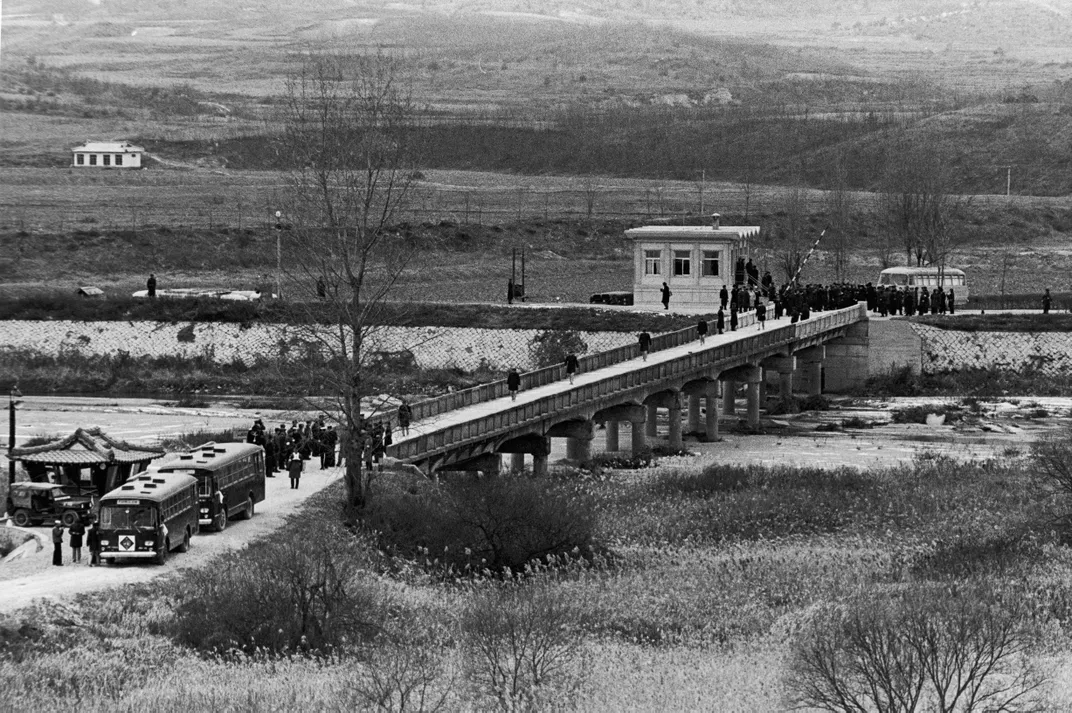
North Korea releases the Pueblo crew but keeps the ship. It is now an exhibit in the Victorious Fatherland Liberation War Museum in Pyongyang.
/https://tf-cmsv2-smithsonianmag-media.s3.amazonaws.com/filer/0d/e8/0de833ee-54b4-4951-a086-1d9e8543de66/collage_3.jpg)
